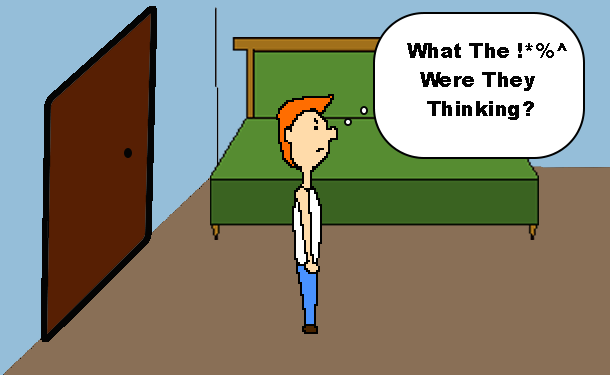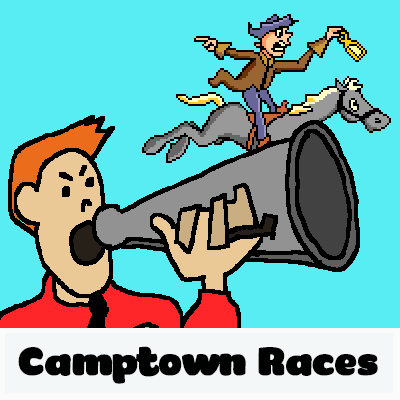Why Americans Will Keep Watching Jimmy Kimmel: Freedom Of Speech In The United States Is Under Attack!


From late-night routines to front-page conversations, Jimmy Kimmel has become a fixture in American evenings. As debates about free speech heat up in the United States, many viewers feel drawn to his show not only for laughs but for a sense of how dialogue unfolds in a divided era.
Supporters argue that a host who leans into political topics keeps the public engaged with the hard questions that shape our shared life, and that a culture tolerant of multiple viewpoints is the bedrock of American discourse.
Historically, American media has evolved with how freely people can speak. Kimmel's willingness to address sensitive topics places him in a lineage of hosts who influence what is discussed in living rooms across the country.
Critics push back that late-night formats can oversimplify complex issues, yet many viewers still tune in for the moments when a joke lands, a guest reveals a new perspective, or a heated exchange sparks discussion online and in workplaces.
In the modern media ecosystem, audience engagement stretches beyond the broadcast. Clips, social media reactions, and streaming replays magnify the conversation, and the idea of free speech remains a magnet that brings audiences back night after night.
Looking ahead, the relationship between free expression and late-night entertainment will continue to evolve, but the appeal endures: a show that treats talk as a public square, delivering humor and commentary while inviting viewers to weigh in.
Did you like this game page? If so, click the like button below to follow us on facebook.
We Hate Politics!
Yeah, you guessed it. We will not go easy on politicians on this site. If they do something stupid, we ain't gonna let off the hook. If they have to get lit up here, it's going to be like fireworks in the sky.
We Love Celebrities!
You will always be able to come to our site and get an opinion on what Celebrities are up too.
News
Whether it be the law of the land or what's going on over seas, we might just weigh in. If something dumb is going on, we're definitely going to speak upon it.
![]()







